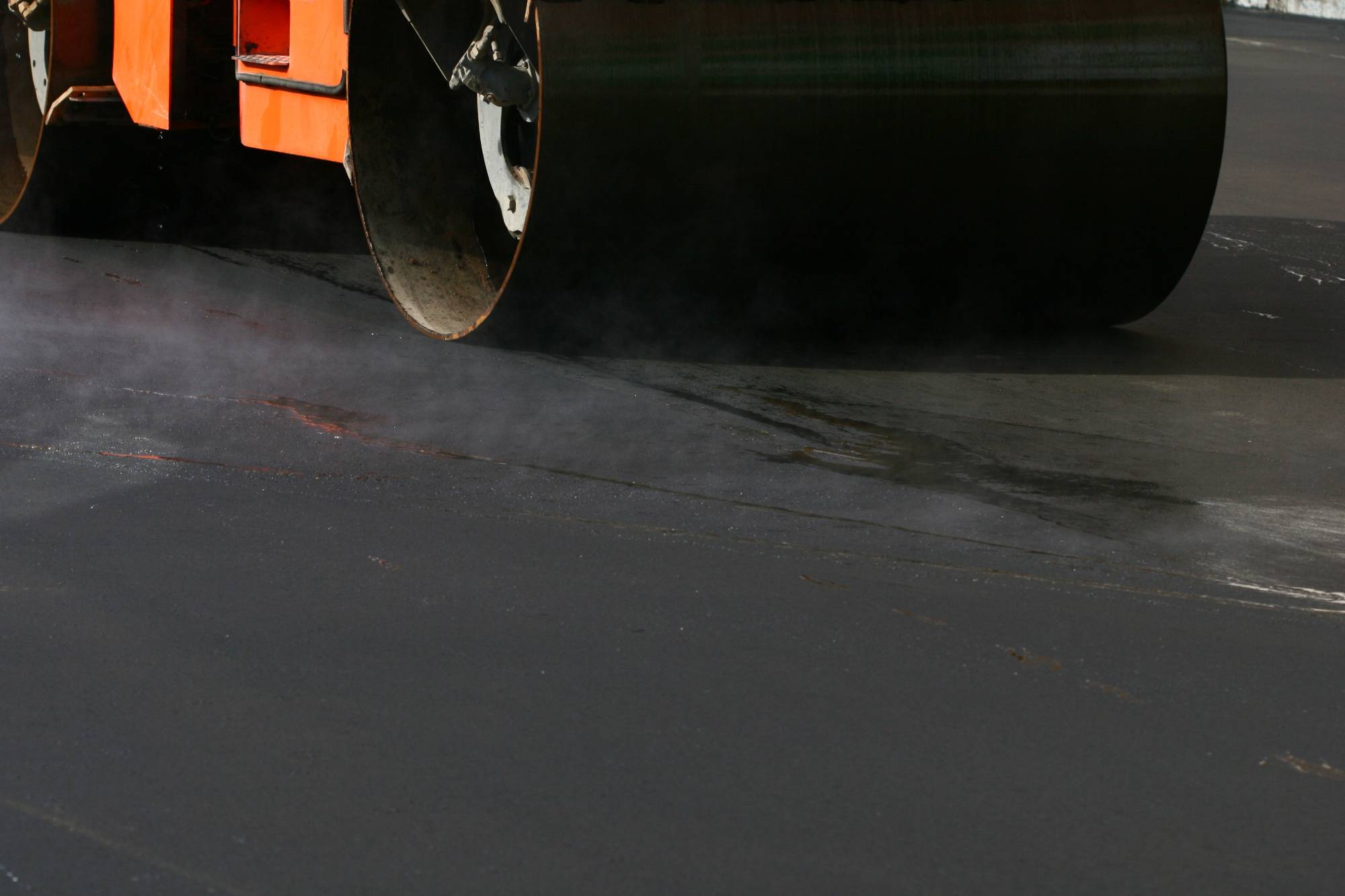- 631-796-2804
- [email protected]
- Mon - Fri: 6:30AM - 5PM
Durable commercial paving solutions that protect your property investment and keep your business running smoothly.

Hear from Our Customers

Your parking lot stops being a liability and starts being an asset. No more cracked pavement creating trip hazards or giving customers a poor first impression of your business.
Proper drainage means water flows where it should instead of pooling around your building foundation. Your maintenance headaches disappear because quality asphalt installation handles Suffolk County’s freeze-thaw cycles without constant cracking.
You get a surface that can handle delivery trucks, employee traffic, and customer vehicles without deteriorating. The striping stays visible, ADA compliance stays current, and your property value stays protected.
All Purpose Paving has been handling commercial asphalt projects throughout Suffolk County for years. We understand the specific challenges that Long Island weather creates for pavement and know which materials and techniques actually hold up.
We work with property managers, business owners, and facility directors who need the job done right without disrupting operations. Every project gets the same attention to proper preparation, quality materials, and professional installation that keeps commercial properties looking and functioning their best.

First, the site gets properly evaluated for drainage, base stability, and any underlying issues that could cause problems later. This isn’t just measuring square footage – it’s identifying what needs to happen for long-term success.
Next comes excavation and base preparation. The existing surface gets removed to the right depth, the subgrade gets properly compacted, and the stone base goes down in lifts with proper compaction at each stage. This foundation work determines how well your pavement performs for years to come.
Then the asphalt installation happens with commercial-grade equipment and proper temperatures. The surface gets compacted to specifications, edges get sealed, and striping goes down once everything has cured. You get a parking lot that’s ready to handle your business needs from day one.

Ready to get started?
Every commercial paving project includes proper site preparation, which means excavation to the right depth and base installation that can handle your specific traffic loads. The asphalt goes down in the thickness your property actually needs, not whatever’s cheapest.
Drainage gets addressed during installation, not after problems develop. This includes proper grading, catch basin connections, and edge details that direct water away from your building and pavement structure.
You also get professional striping that meets ADA requirements and local codes. This includes parking spaces, fire lanes, handicap accessibility, and any custom markings your property needs. The striping uses commercial-grade paint that stays visible through Suffolk County winters.


We are a family owned and operated paving contractor servicing customers on the East end of Long Island. We specialize in all phases of paving from start to finish.